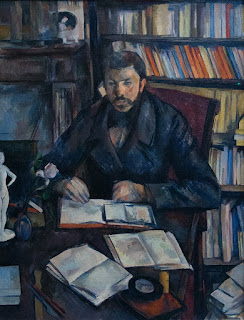Views of Reality from Stagecraft, Science, and ‘Nowhere’

Robert Delauney, Eiffel Tower (1911) (Public Domain, via Wikimedia Commons) There are numerous ways in which the fourth wall can be transgressed. Then what is the role of the fourth wall as an inviolable boundary between fiction and reality? Secondly, is evidence of such infringements today a sign that society is becoming more self-reflexive in a quest to redefine the borders between fiction and the “real” world? My new essay published in the July 2021 issue of Epoche Magazine

